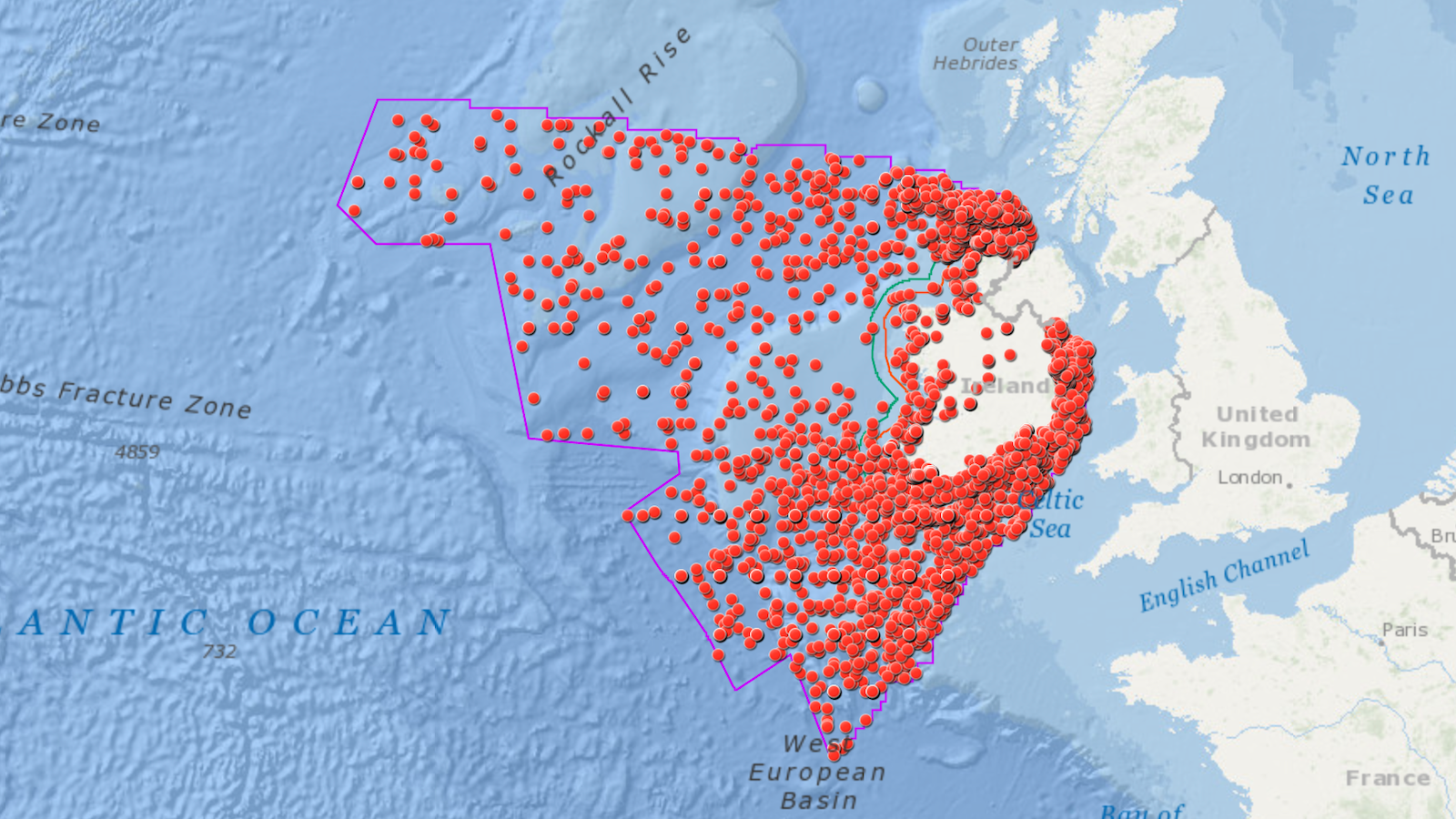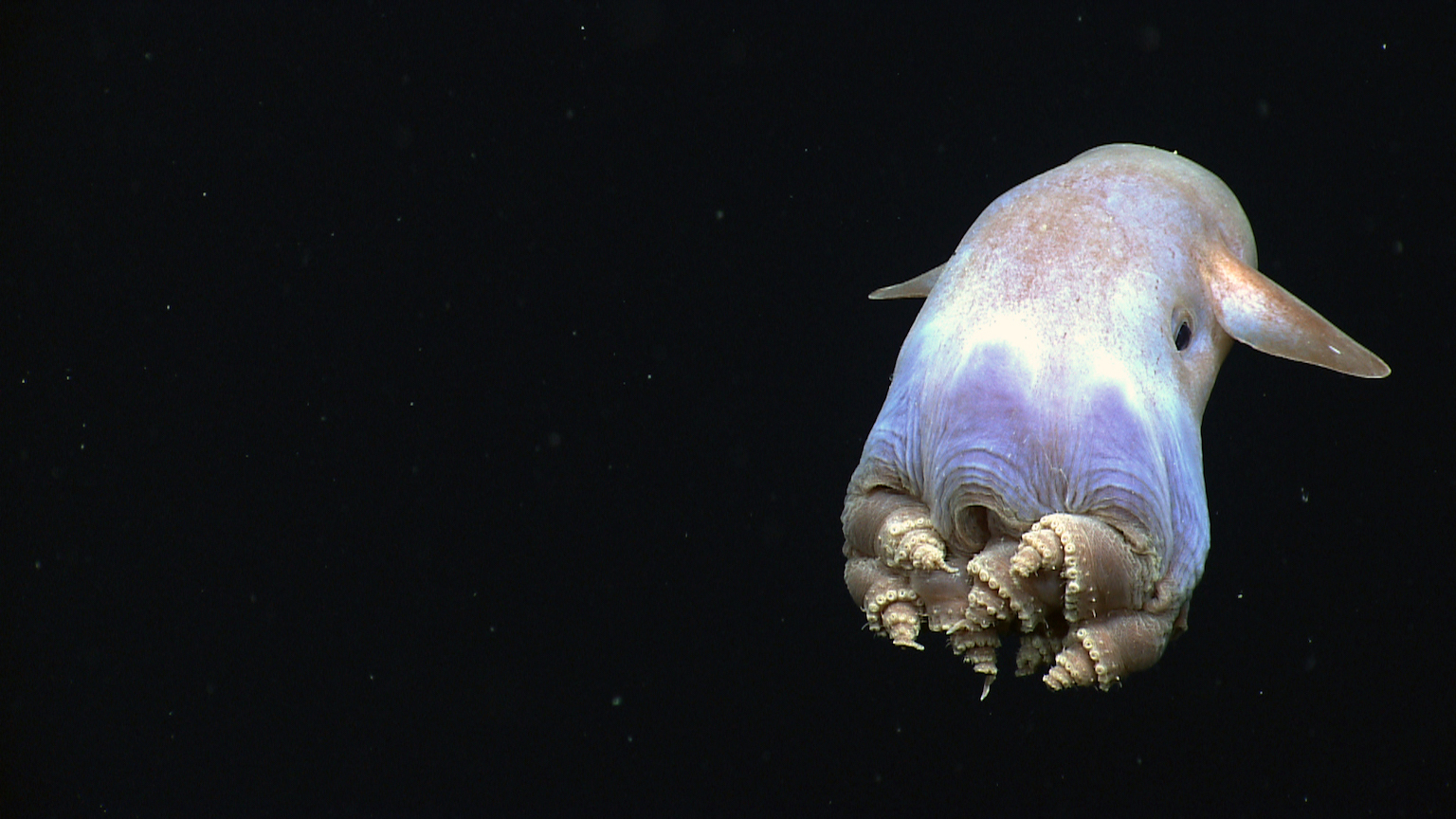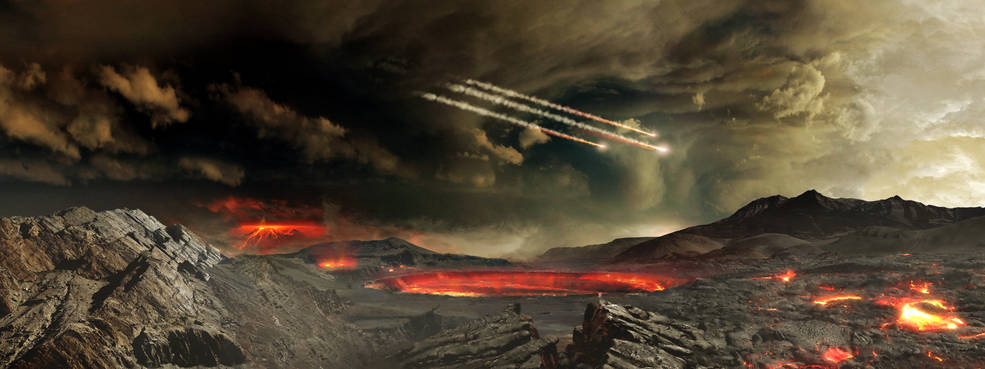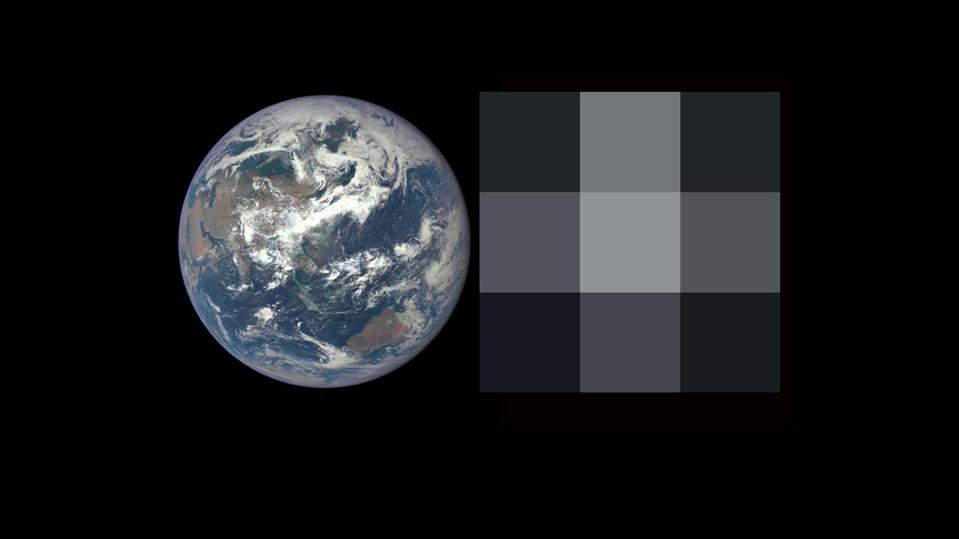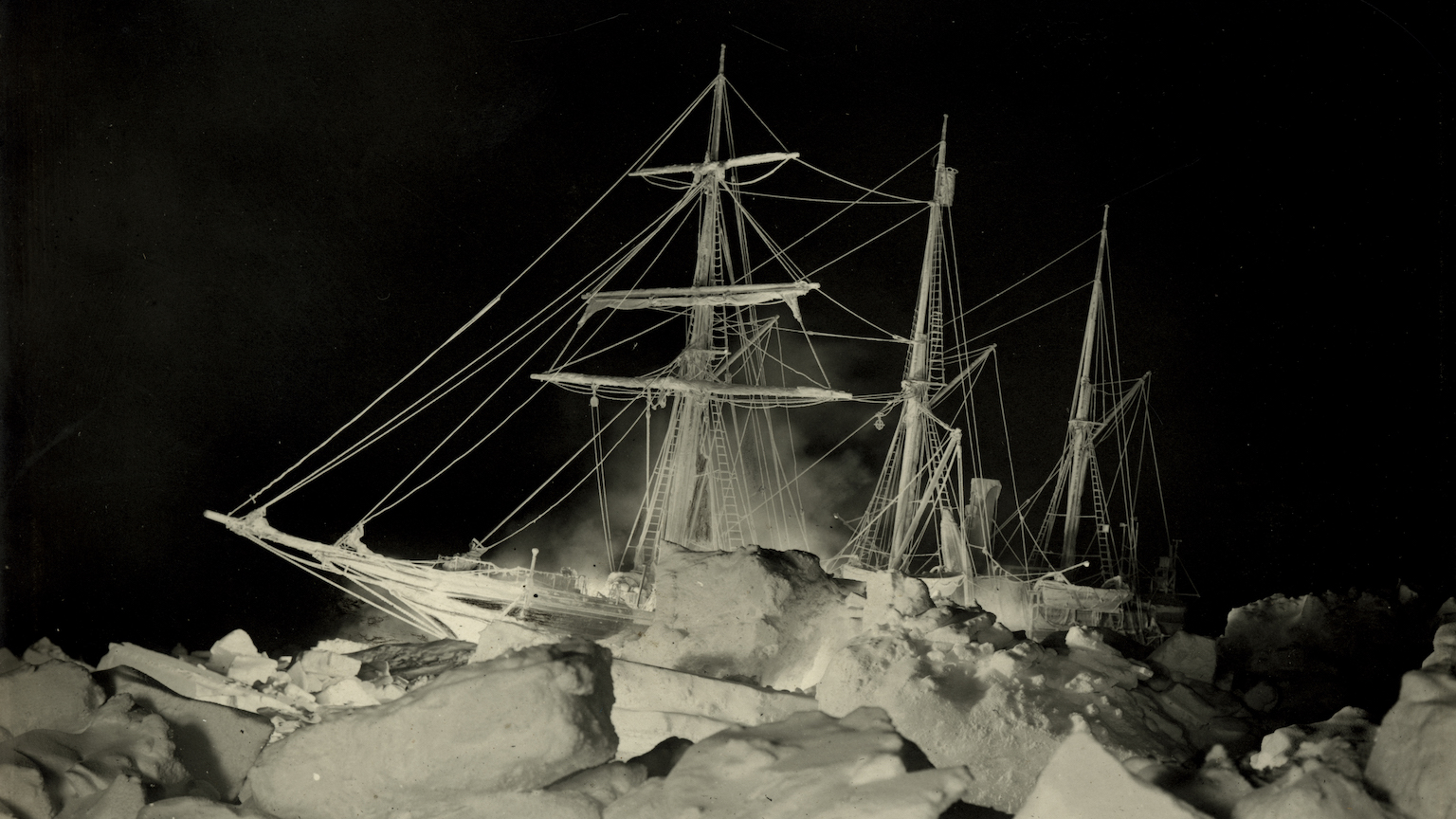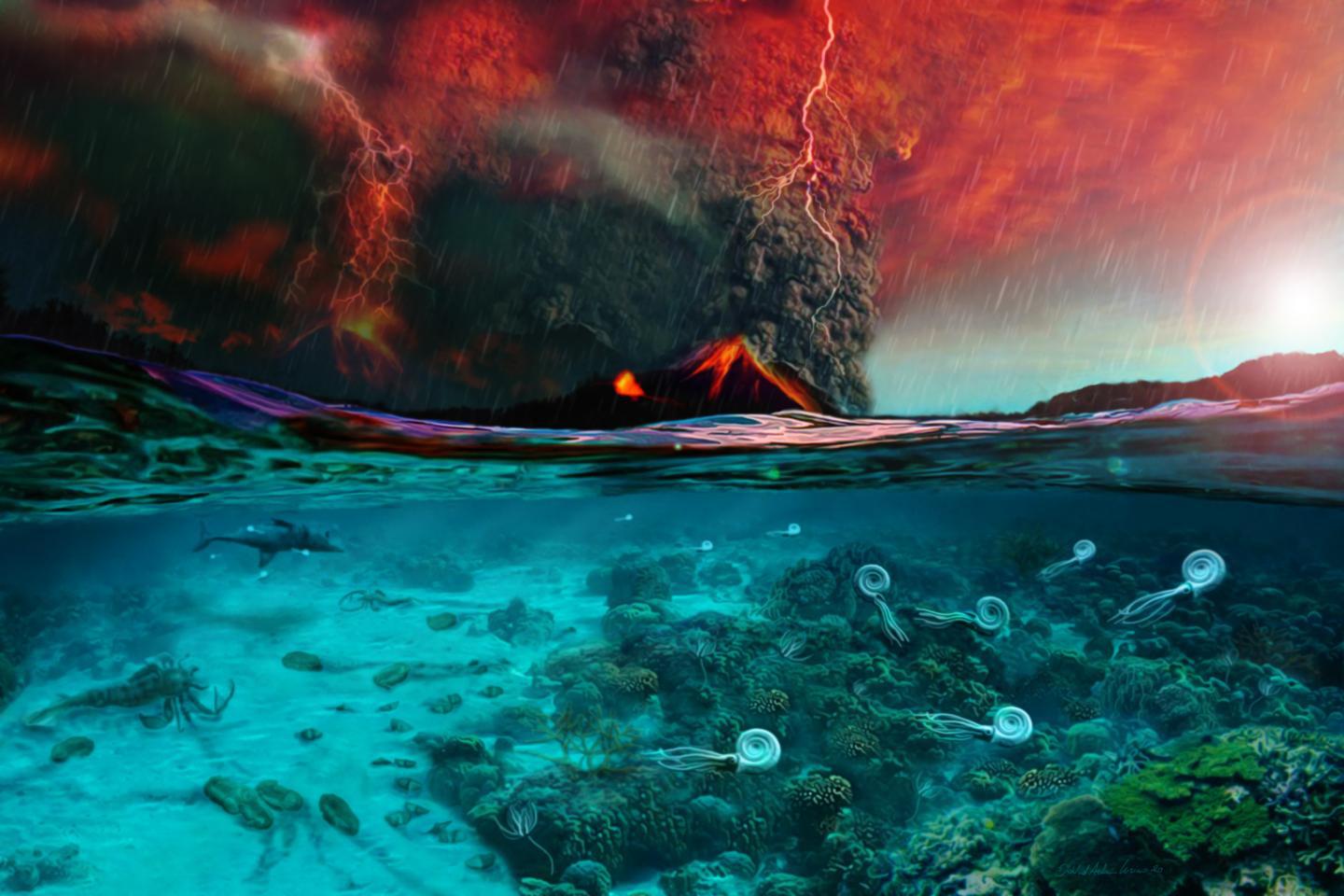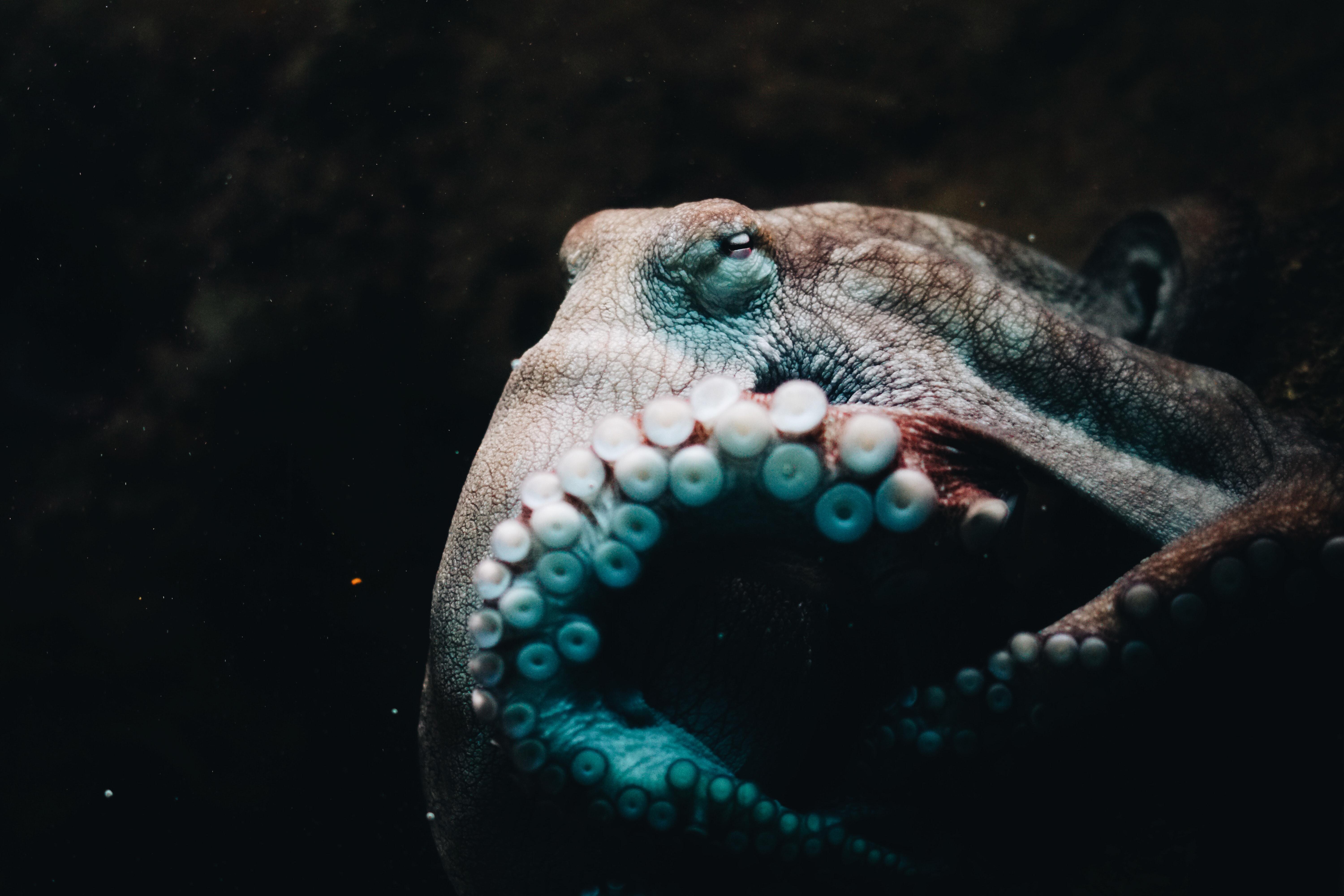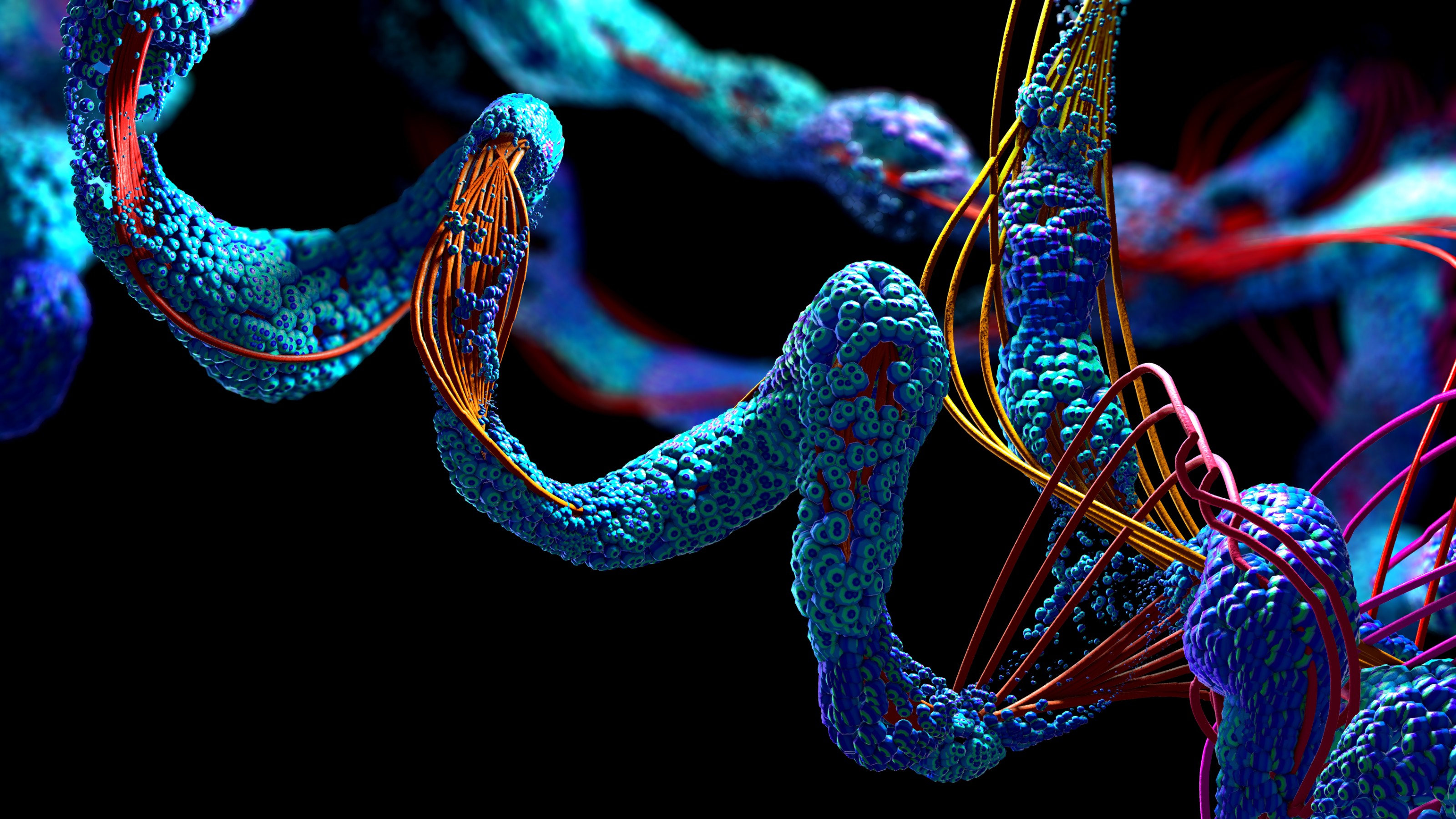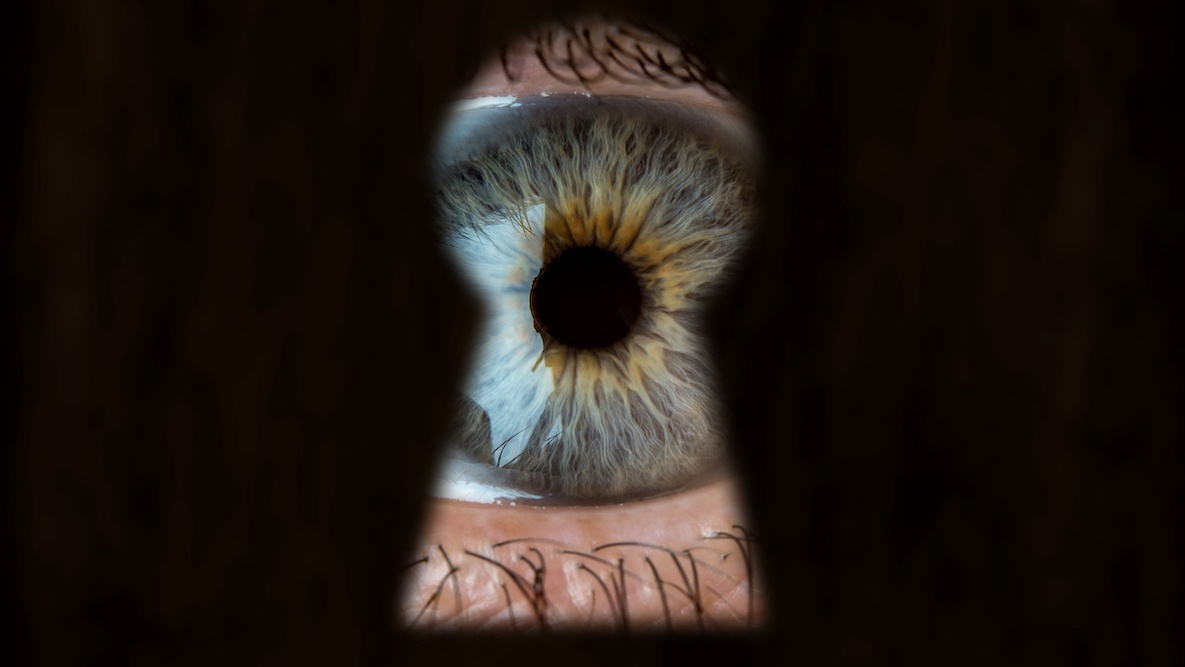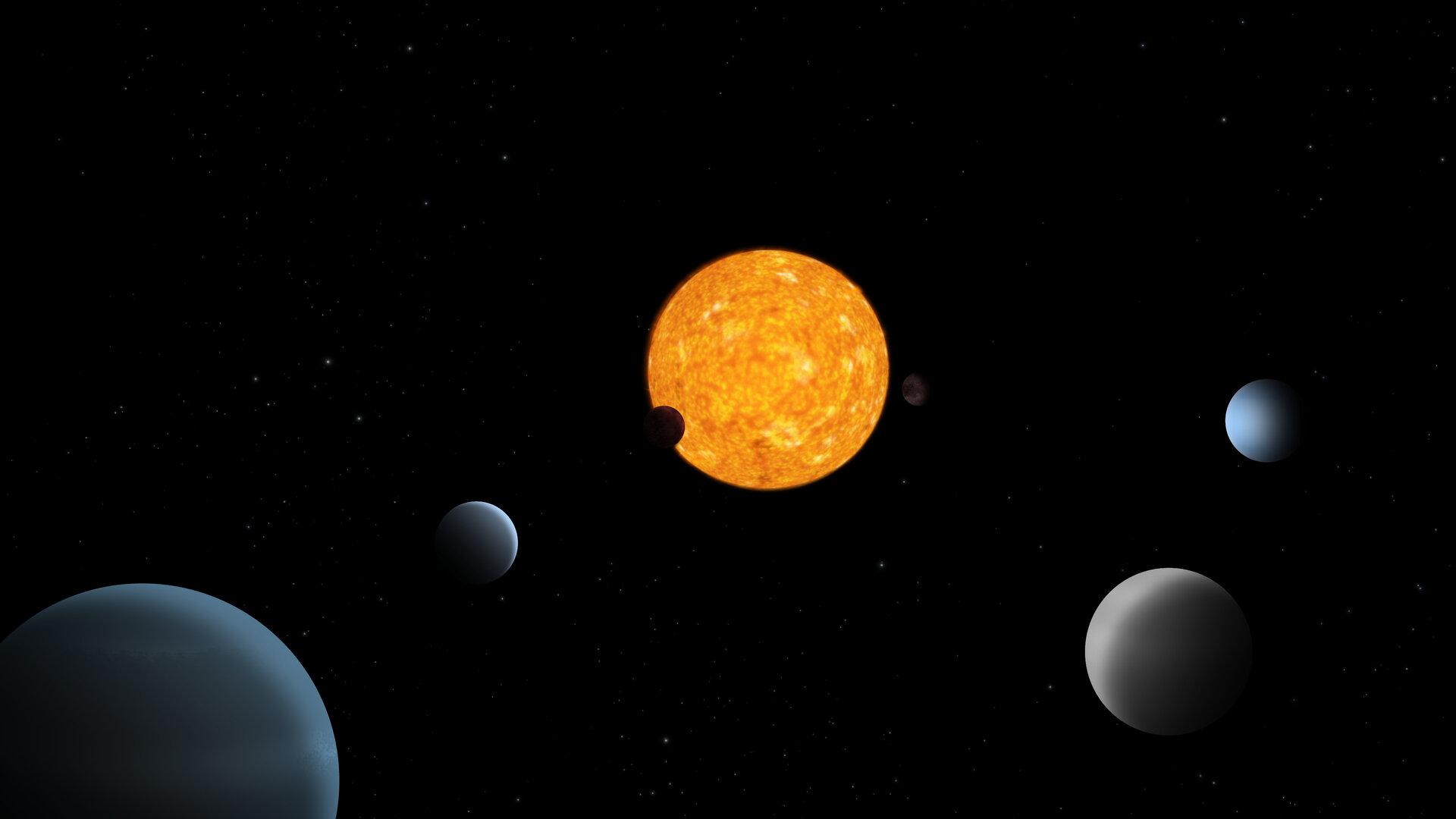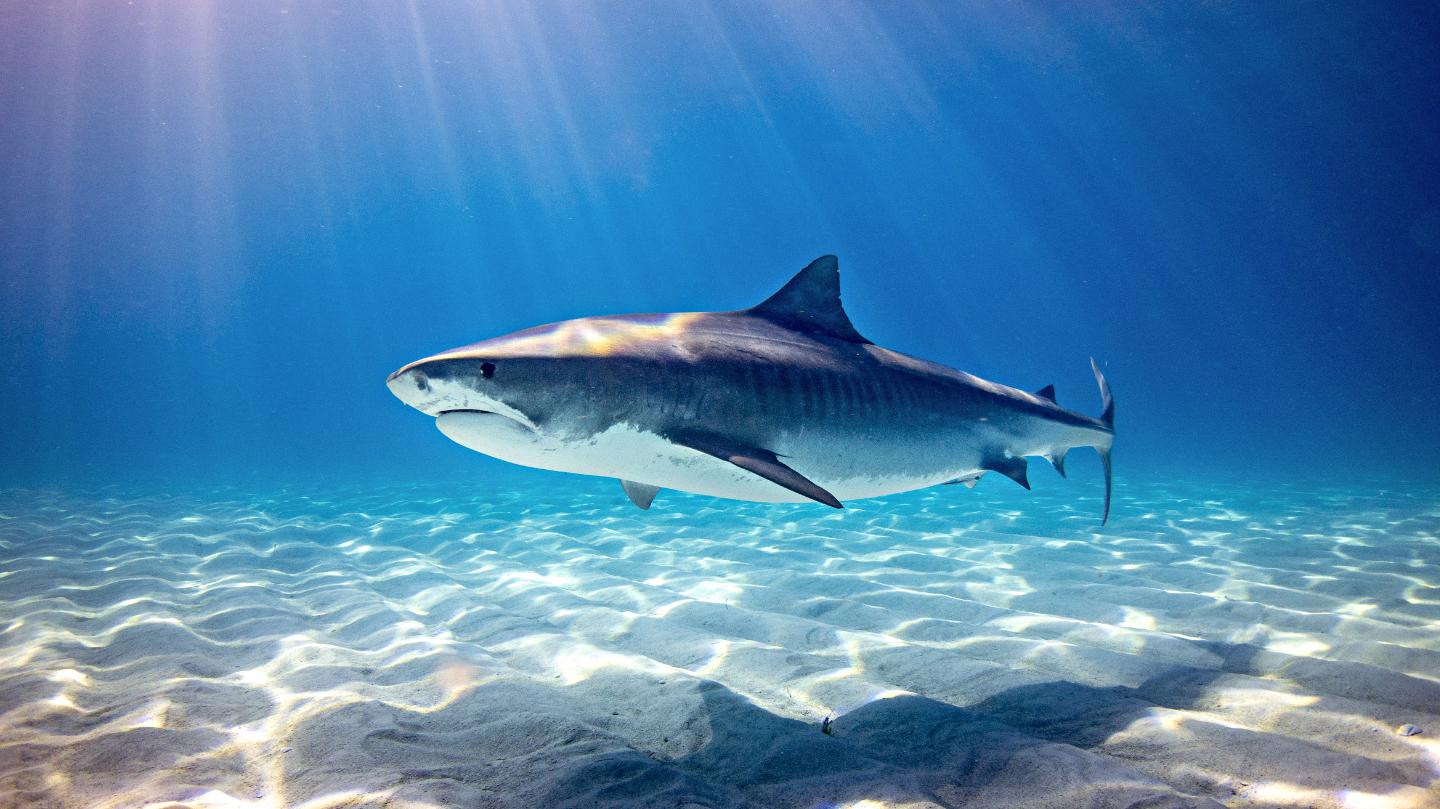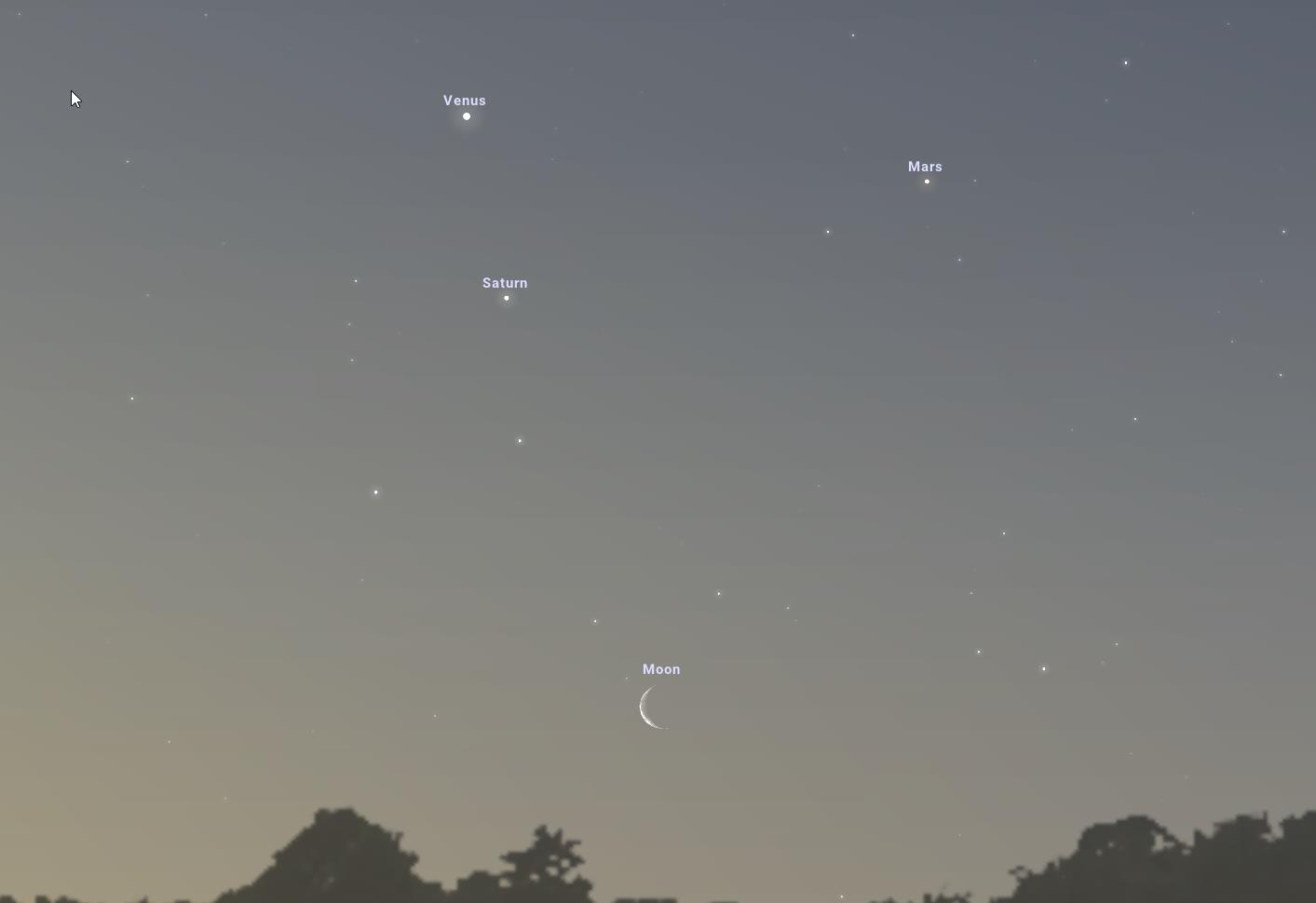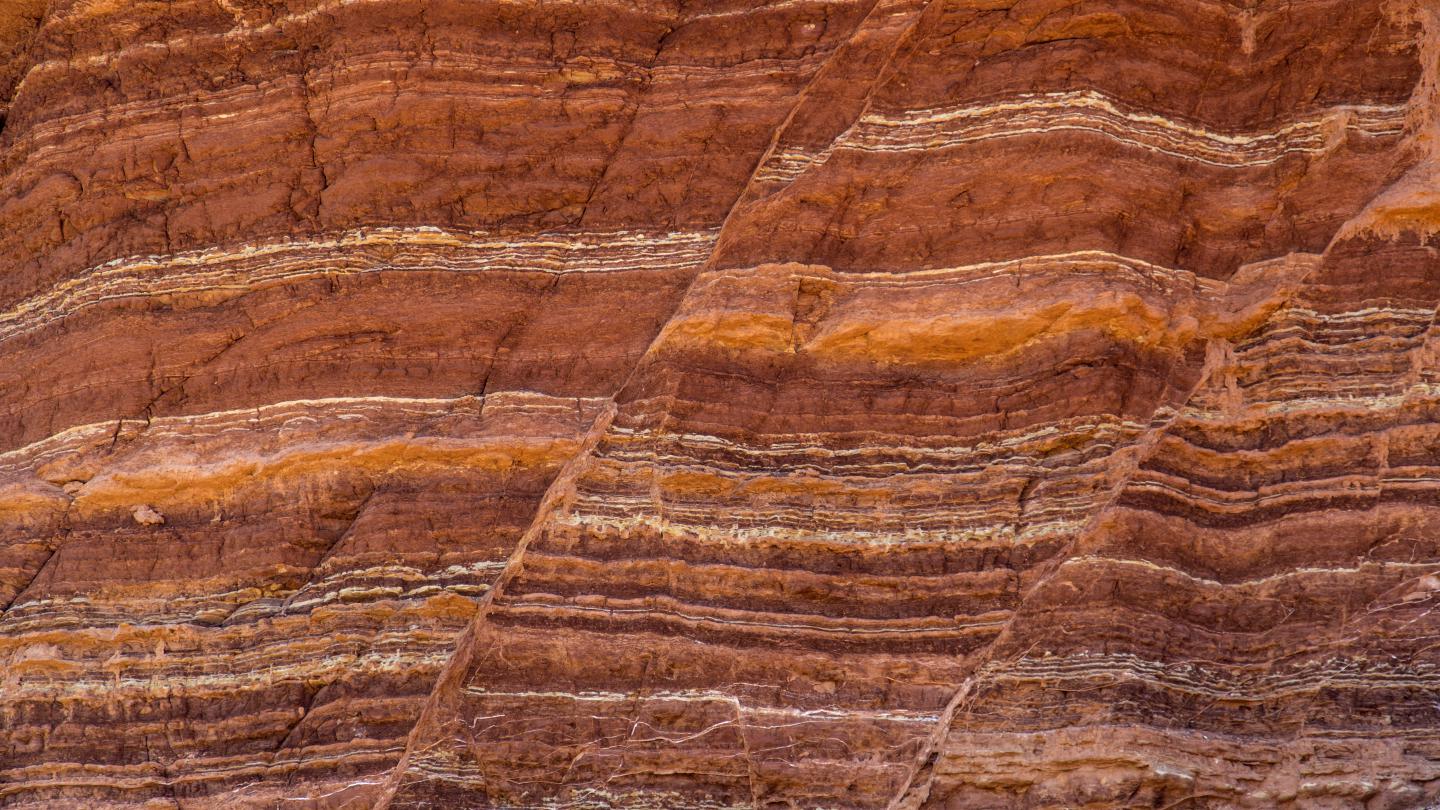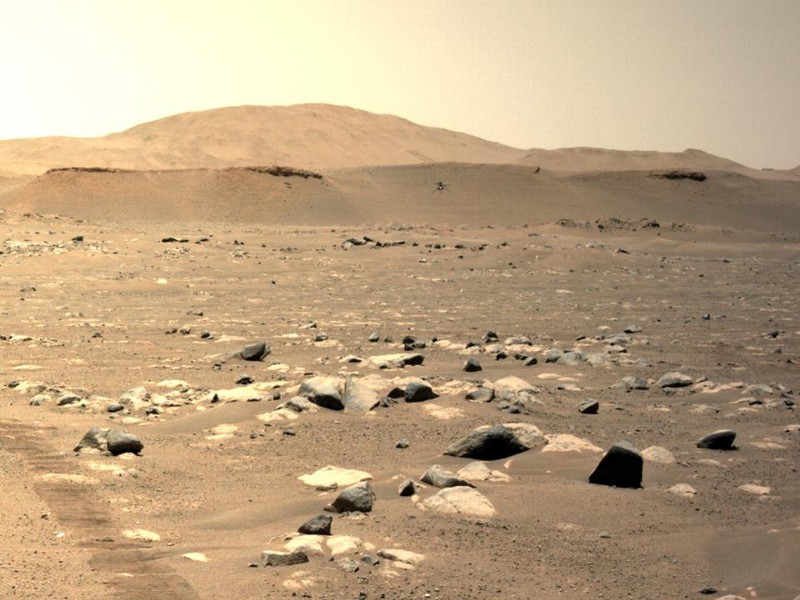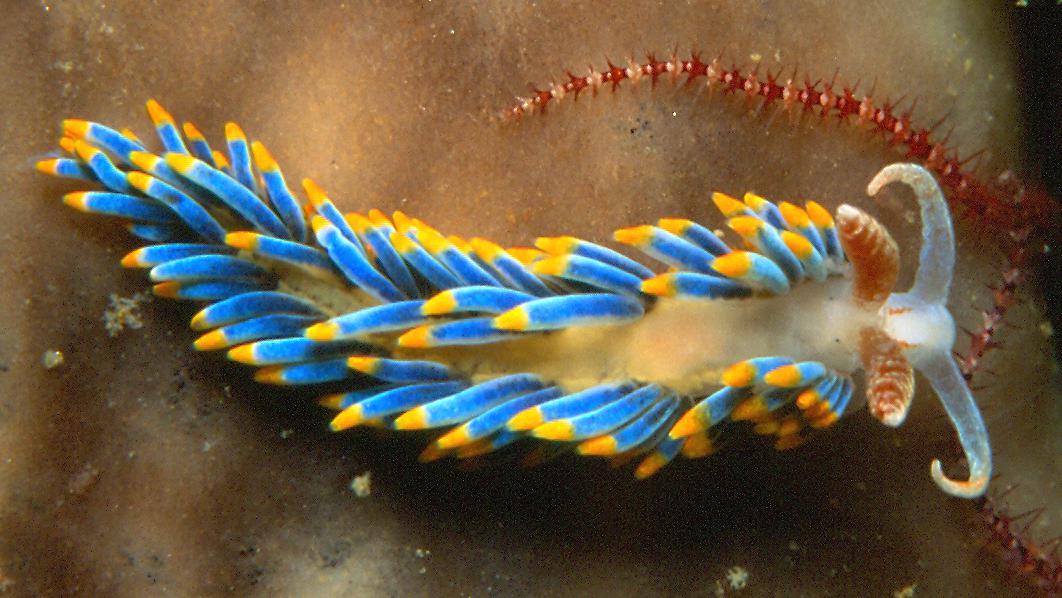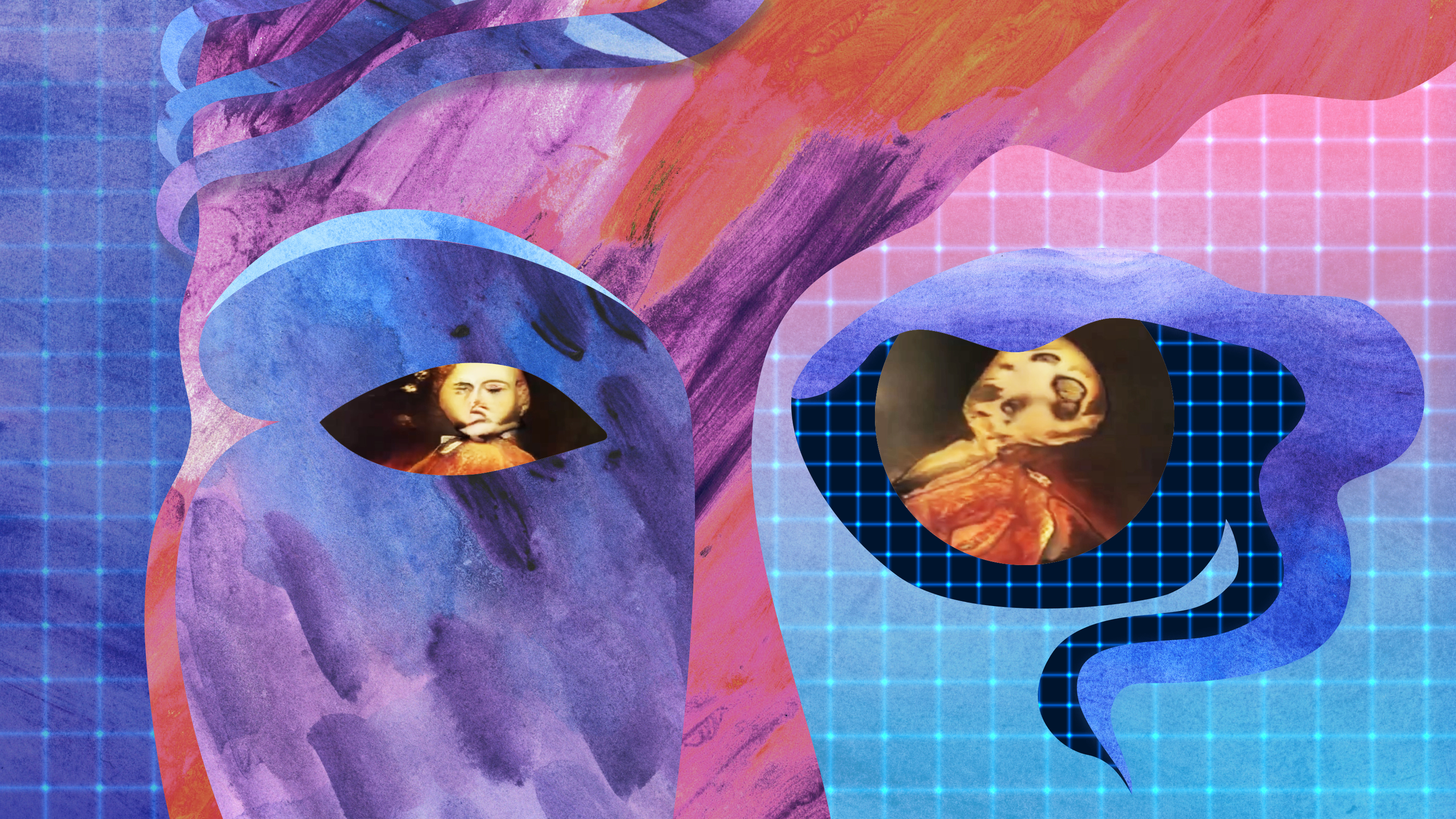We have a morbid curiosity about nautical disaster stories. The Irish “Wreck Viewer” offers a window into centuries of marine misfortune.
Search Results
You searched for: Ocean
Head direction cells act like internal compasses to help the birds navigate during long flights.
555-million-year-old oceanic creatures share genes with today’s humans, finds a new study.
We should not expect aliens to look anything like us. Creatures that resemble octopuses or birds or even robots are legitimate possibilities.
Probably not. Even though we’re still investigating the origin of life, the evidence suggests that cells came much later.
Back in 1990, we hadn’t discovered a single planet outside of our Solar System. Here are 10 facts that would’ve surprised every astronomer.
A famous explorer’s doomed ship is finally found 107 years after it was lost to the Antarctic deep.
Capacitors, acid batteries, and other methods of storing electric charges all lose energy over time. These gravity-fed batteries won’t.
A new study reveals what caused most life on Earth to die out during the end-Permian extinction, also known as the Great Dying.
The opening of jars, while impressive and often used to illustrate octopus intelligence, is not their most remarkable ability.
How do these little beasties detect light anyway?
In the early 20th century, a young biochemist named Alexander Oparin set out to connect “the world of the living” to “the world of the dead.”
If we manage to avoid a large catastrophe, we are living at the early beginnings of human history.
From hellishly hot planets to water worlds, some distant planets are like nothing in our Solar System.
In “The Secret Life of Secrets”, Michael Slepian explores how holding secrets affects our relationships, psychology, and well-being.
Red dwarf stars were supposed to be inhospitable. But TOI-700, now with at least two potentially habitable worlds, is quite the exception.
Evolution proves to be just about as ingenious as Nikola Tesla
What’s to blame for the recent uptick in containership accidents?
A clever new design introduces a way to image the vast ocean floor.
The arc of geological history is long, but it bends towards supercontinents – so, what will the next one look like?
In the night sky for March of 2022, only stars and the Moon, not planets, will greet you. The real show, however, arrives just before dawn.
Geologists discover a rhythm to major geologic events.
Ingenuity is remarkable. But these 5 exploration ideas are revolutionary. Telescopes are our initial tools for revealing and studying foreign worlds. Hubble images of Mars, particularly around the regions with […]
These bizarre mollusks have the ability to regenerate their bodies and to absorb other organisms’ attributes.
When we satisfy our curiosity, the brain has a particular way of rewarding us.
A new AI lie detector can dive into their hidden thoughts and reveal “what language models truly believe about the world.”
If argumentation led to nothing, it would soon be thrown into the evolutionary dustbin.
A new study shows that at least one long-ago journey would have required deliberate navigation.
Researchers from Norway discover that the Moon’s tides influence the release of methane from the ocean floor.
